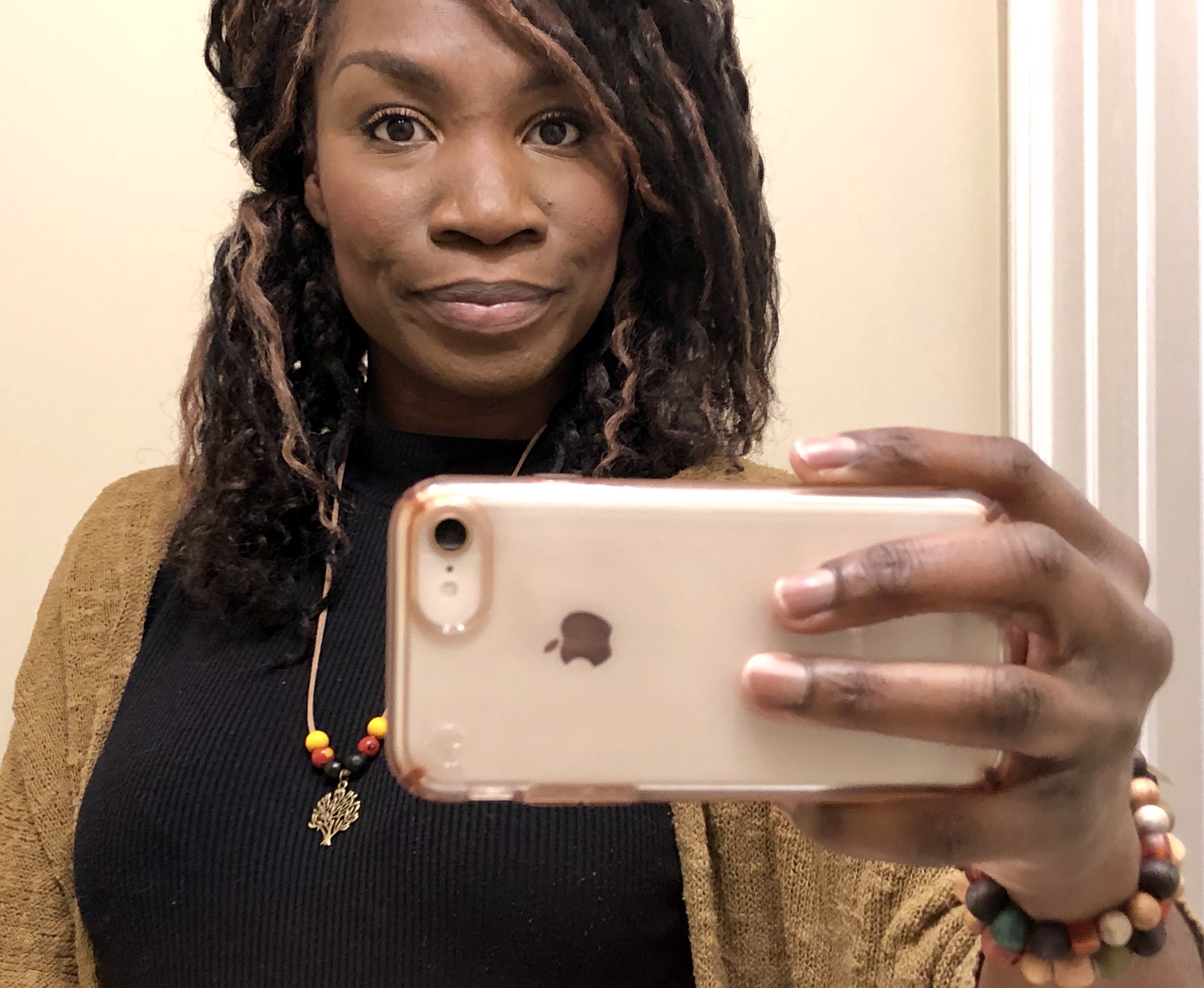I am consistently grateful for the personal-growth secrets that I elicit from conversing with my inner child, who was sexually molested.
Our dialogue gains me backdoor access on how to shift self-sabotage habits that I’ve longed wrestled with.
I recently locked eyes with my little me and professed that I was curious about her continued reluctance to being an inconvenience. I sensed that this disposition could be at the root of me sometimes falling into the trap of people pleasing.
Our conversation revealed that this type of self-sabotage is the handy work of a young child, whose hands feel tied by a conflicting message to keep her emotions mild. She pleaded her case by taking me back to those initial moments when she was not allowed to feel sad about indiscretions that made her body want to hide.
Her sadness would have been an inconvenient truth to a world that expects smiles and sunshine, even on rainy days. And yet, she explained that it would have given her the assurance to stand firm and claim her stake.
Making it alright to feel sad was the permission she needed to allow others to feel the same way when her choices made them feel disappointed. Befriending the sadness that naturally ensues when you must tell someone you love no, would have lightened the weight of obligations in her load.
Choosing sadness over playing pretend would have softened the dread of her immediate regret, and humanized her remorse, so she could receive the forgiveness embedded in her feelings of guilt.
Instead, she conceded to people pleasing, so she would not hurt other people’s feelings—since she feared dismay would cause emotional bleeding. I could not have seen this blind spot in holding my sadness in contempt without learning firsthand how naive optimism prevented my inner child from choosing my own best interests.
With my lips pursed, hand tucked beneath my chin, and my head nodding slowly in a stark epiphany, I confessed to my inner child that she was now free to feel all the sadness she had been avoiding.
As she collapsed in sorrow, I became a compassionate mother who could not help but reach out in comfort. All I wanted was to give her everything that she had been dreaming of.
And this is how my inner child taught me that the freedom to feel sadness spurs the urgency to choose a life that brings our hearts a deeper sense of gladness. I promised her that whenever I catch myself prioritizing the need to make others feel good, I will not fall into self-judgement, but readjust my stance by welcoming in her sadness that is already there—waiting for an outlet to be released.
~


 Share on bsky
Share on bsky





Read 0 comments and reply